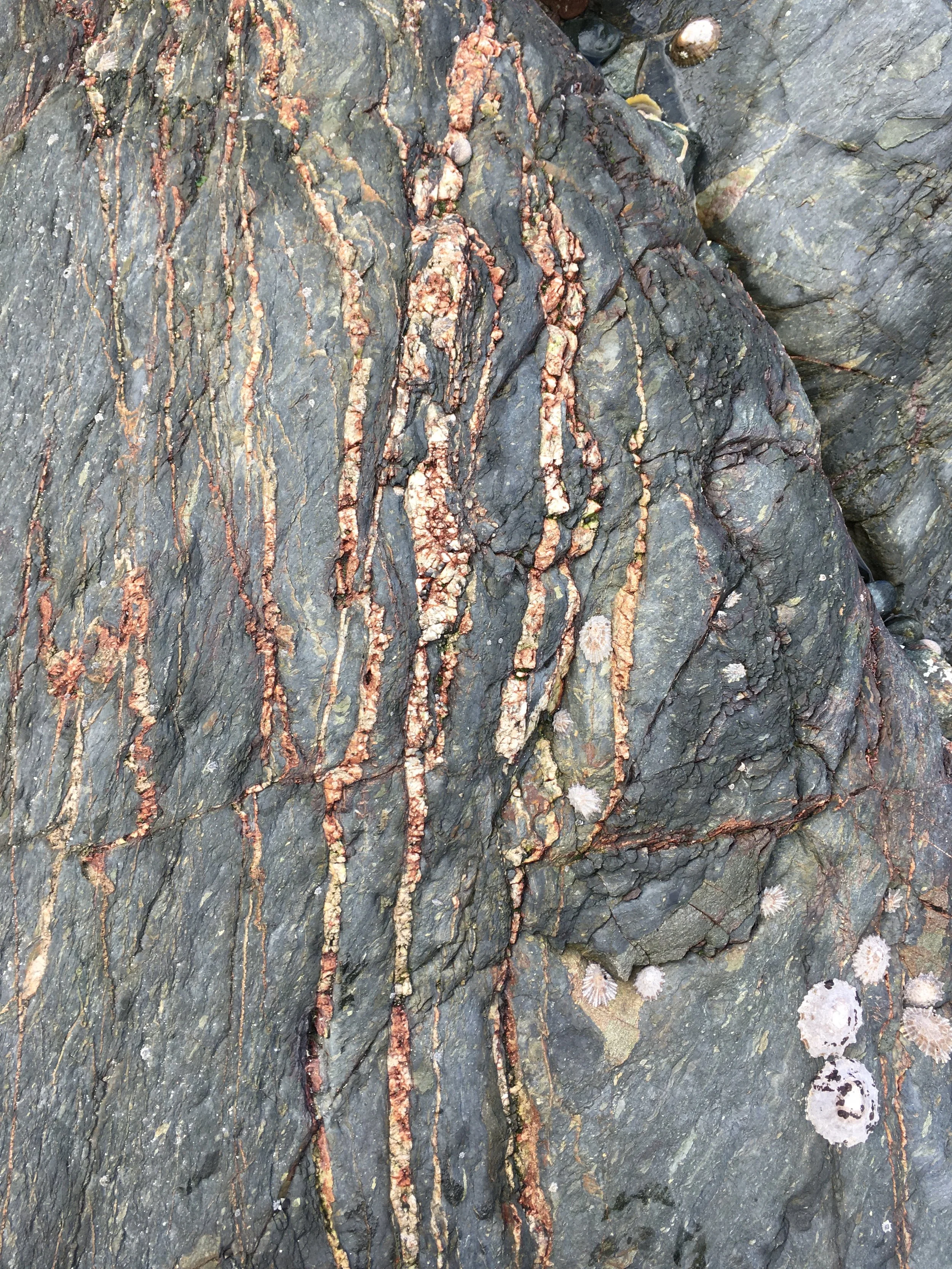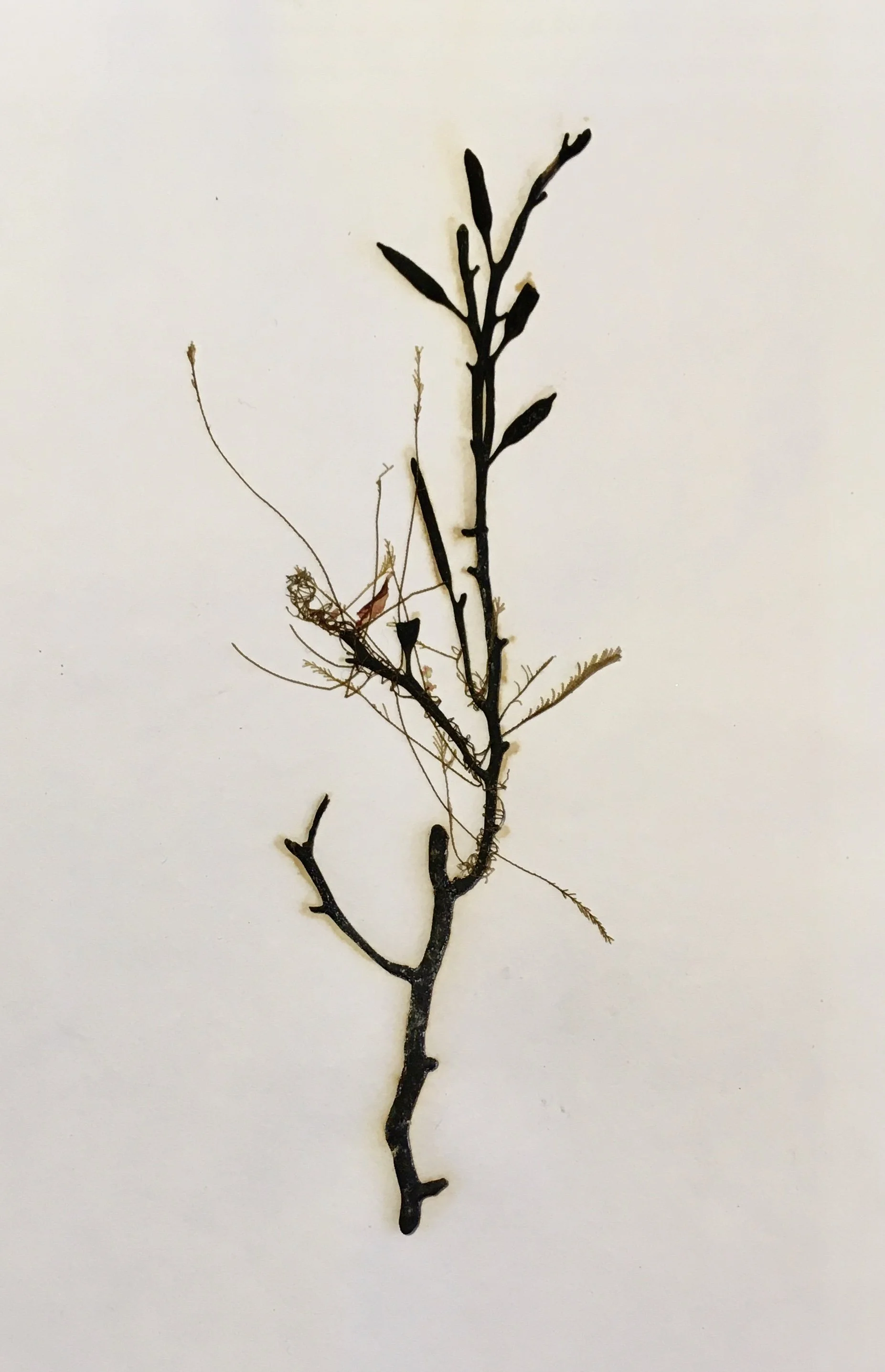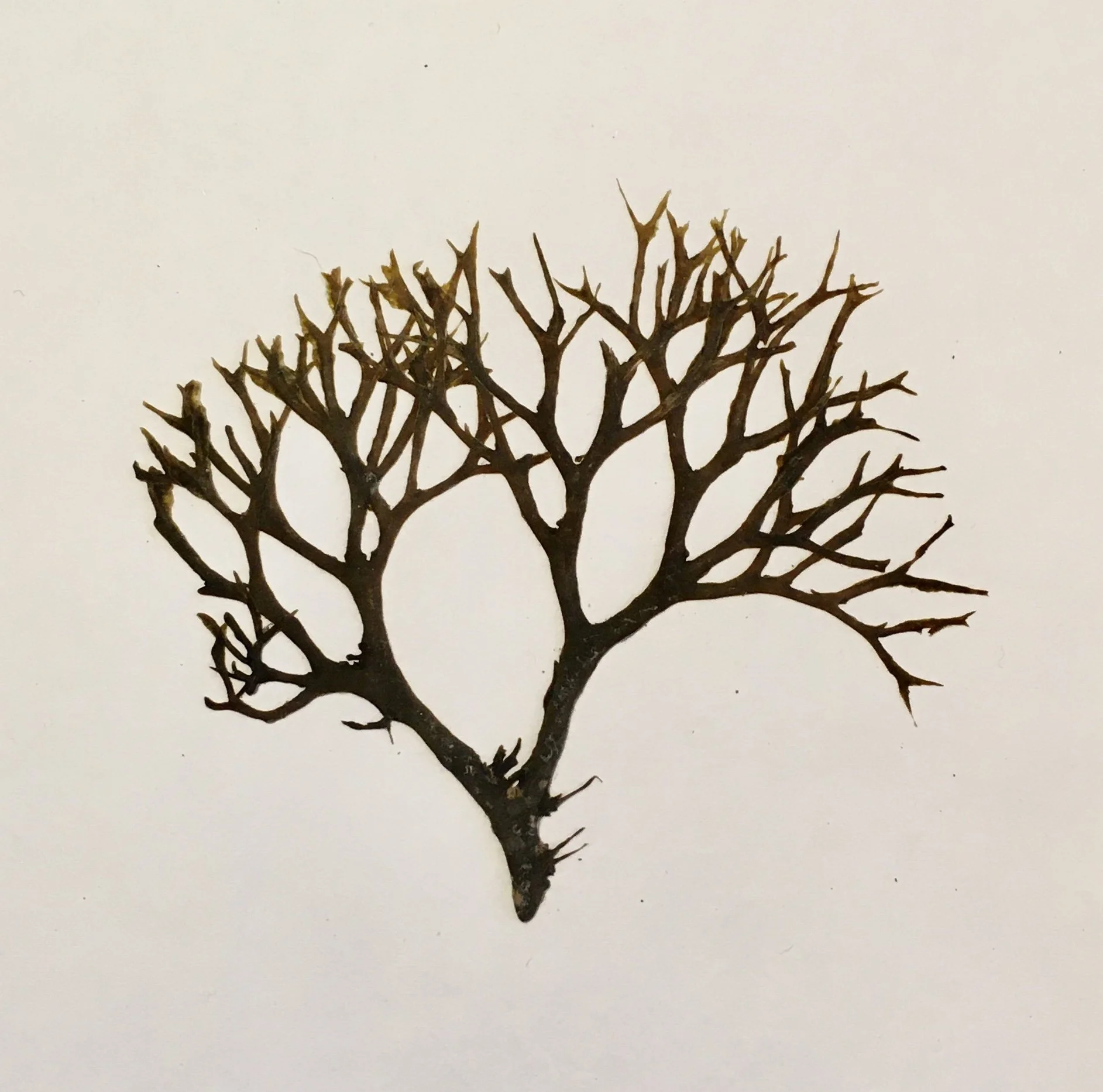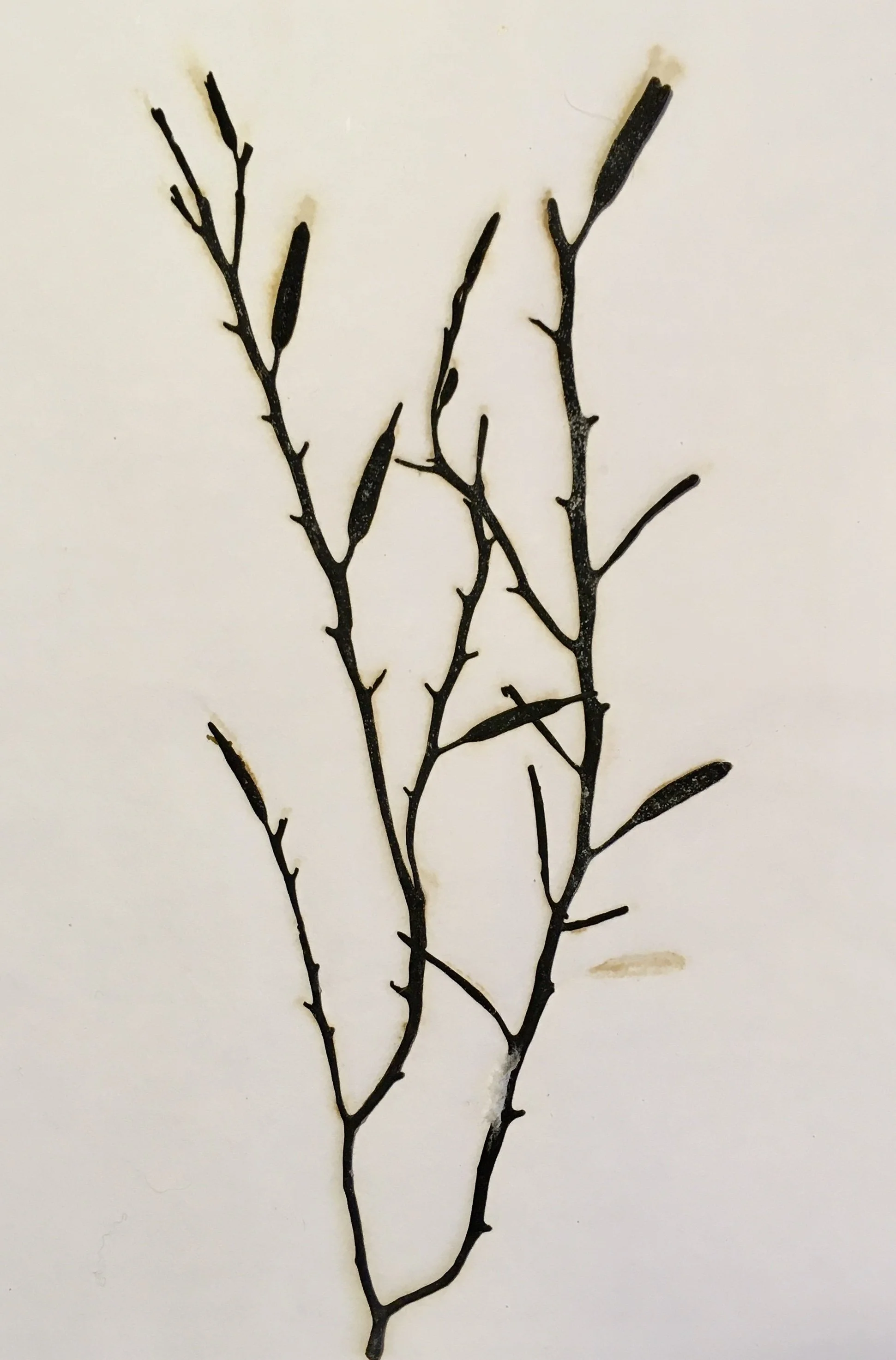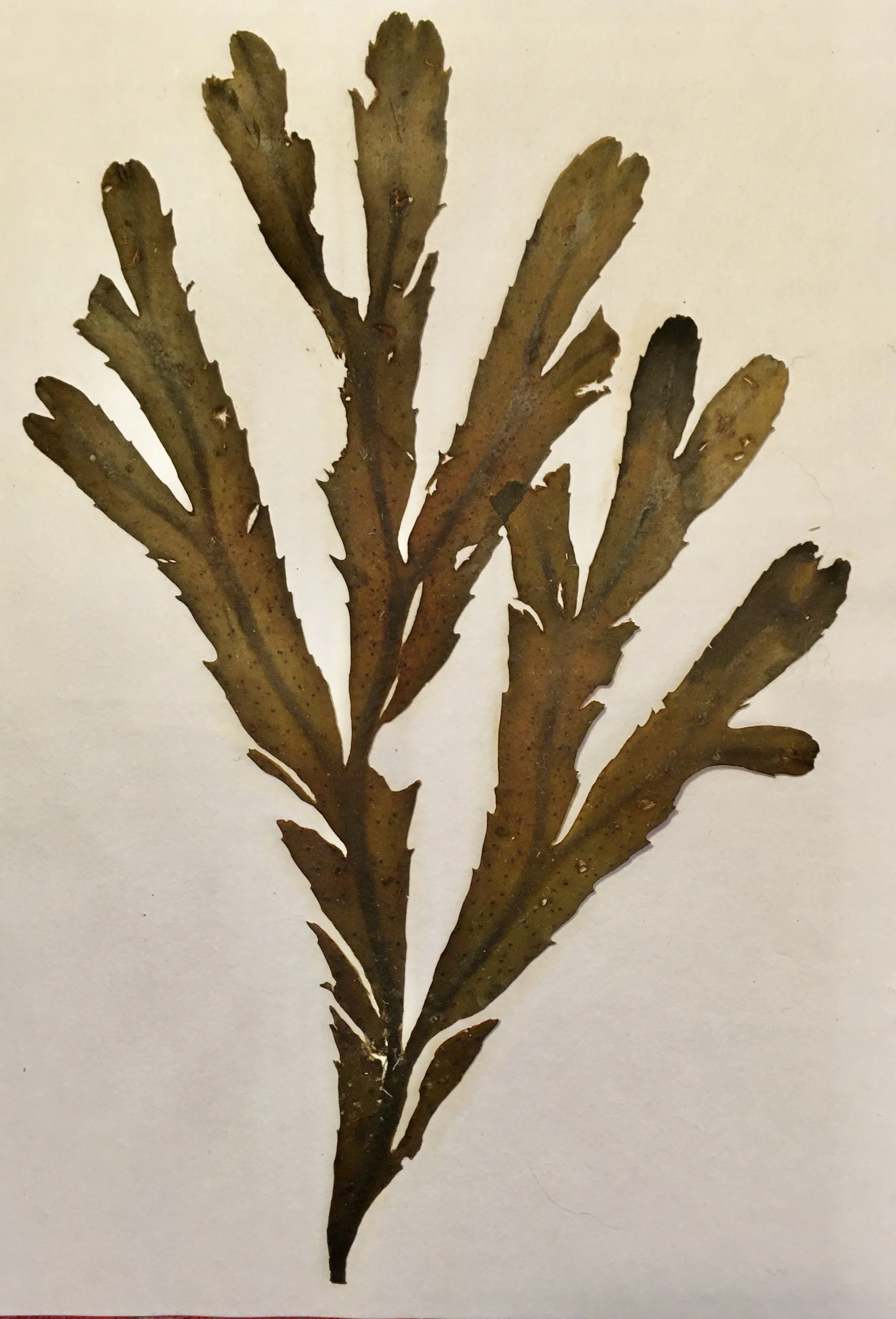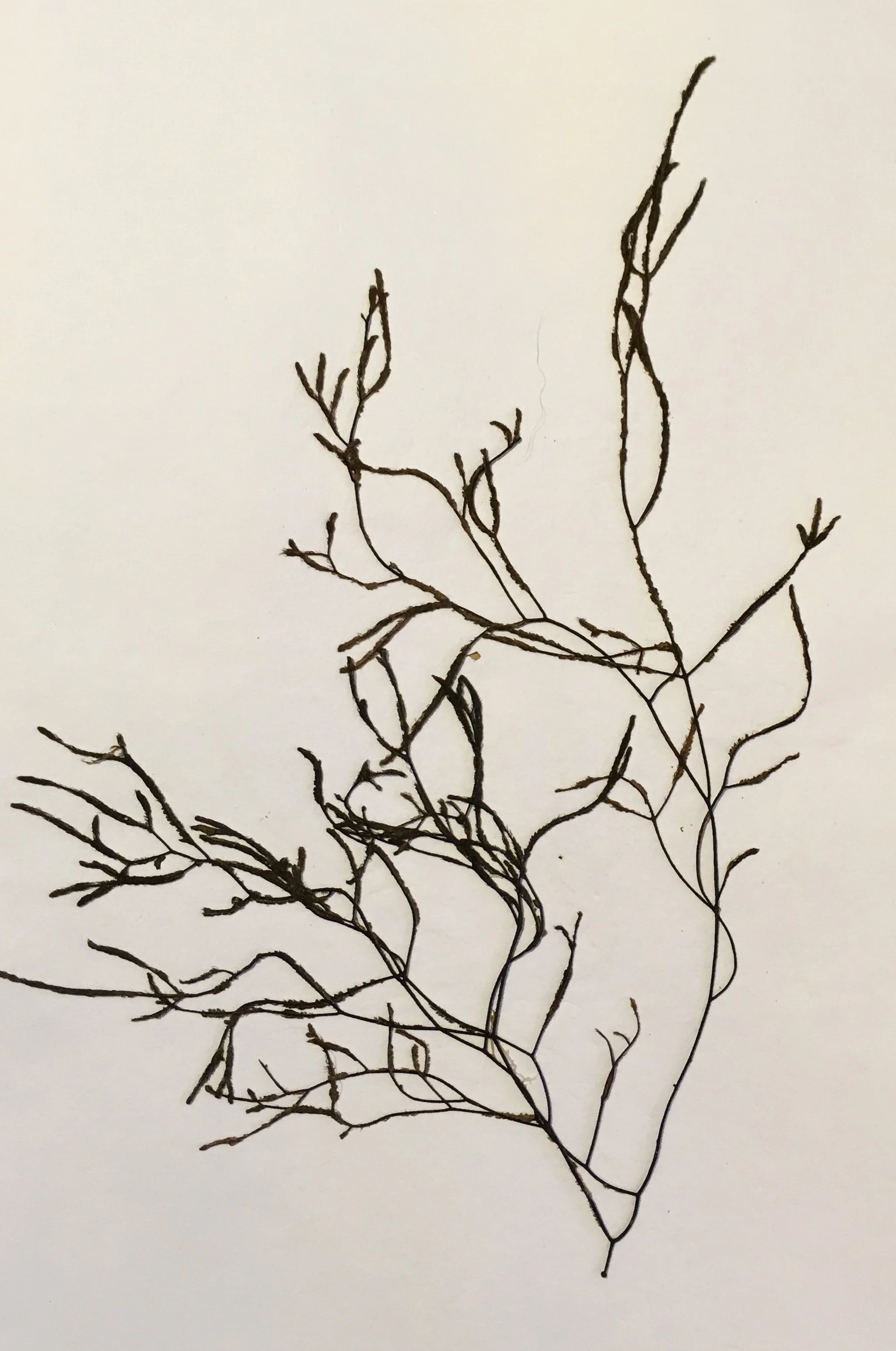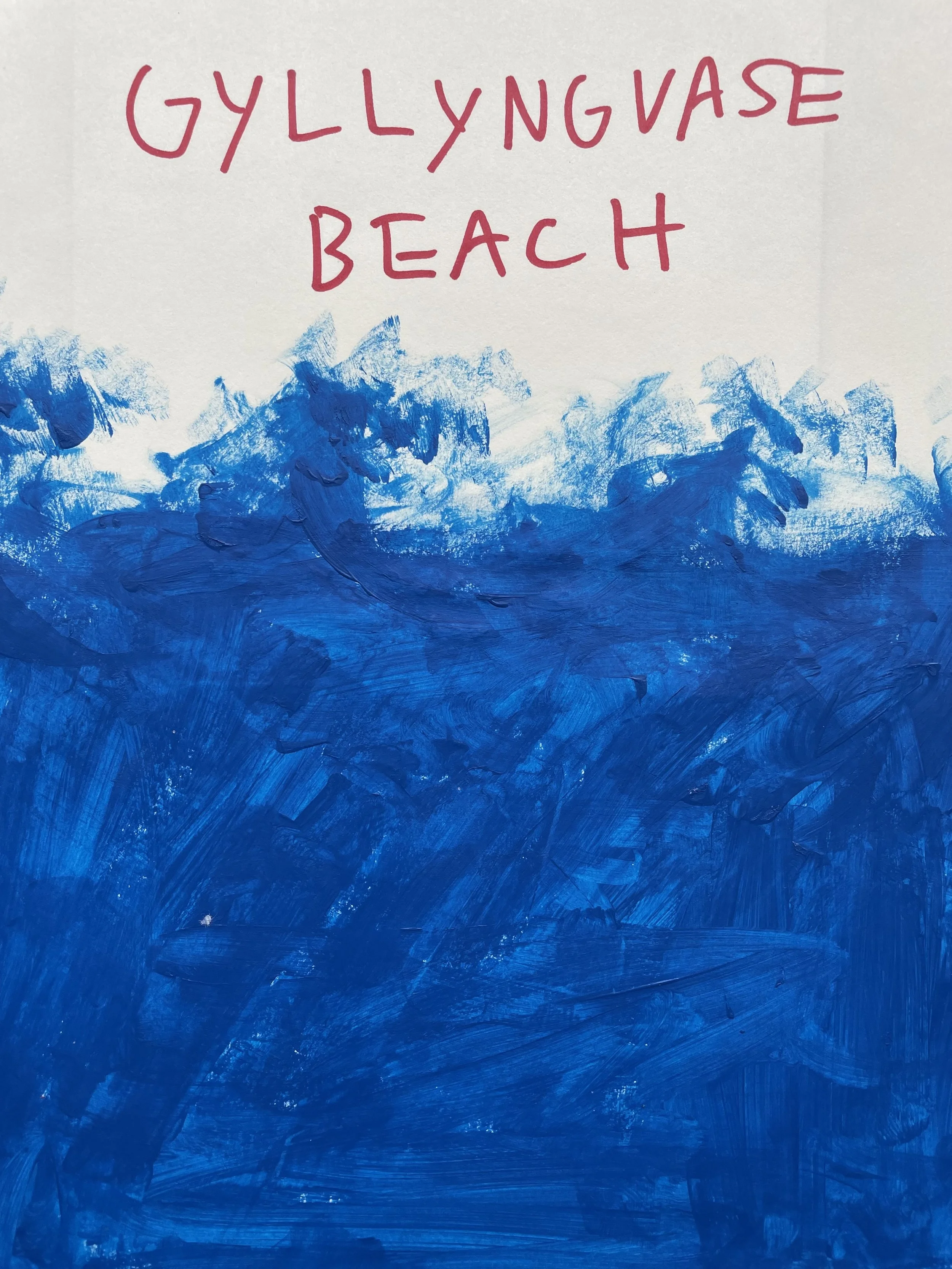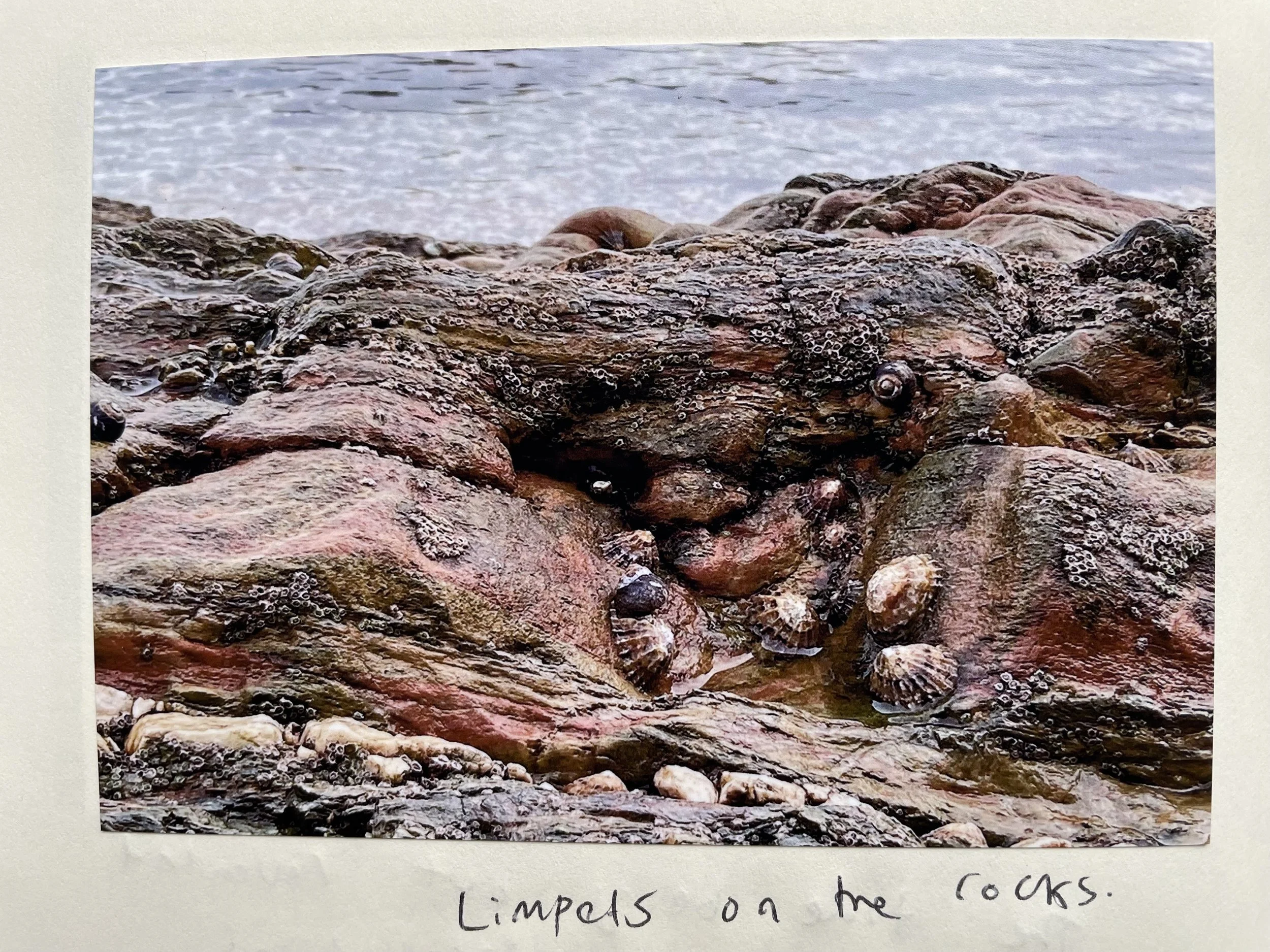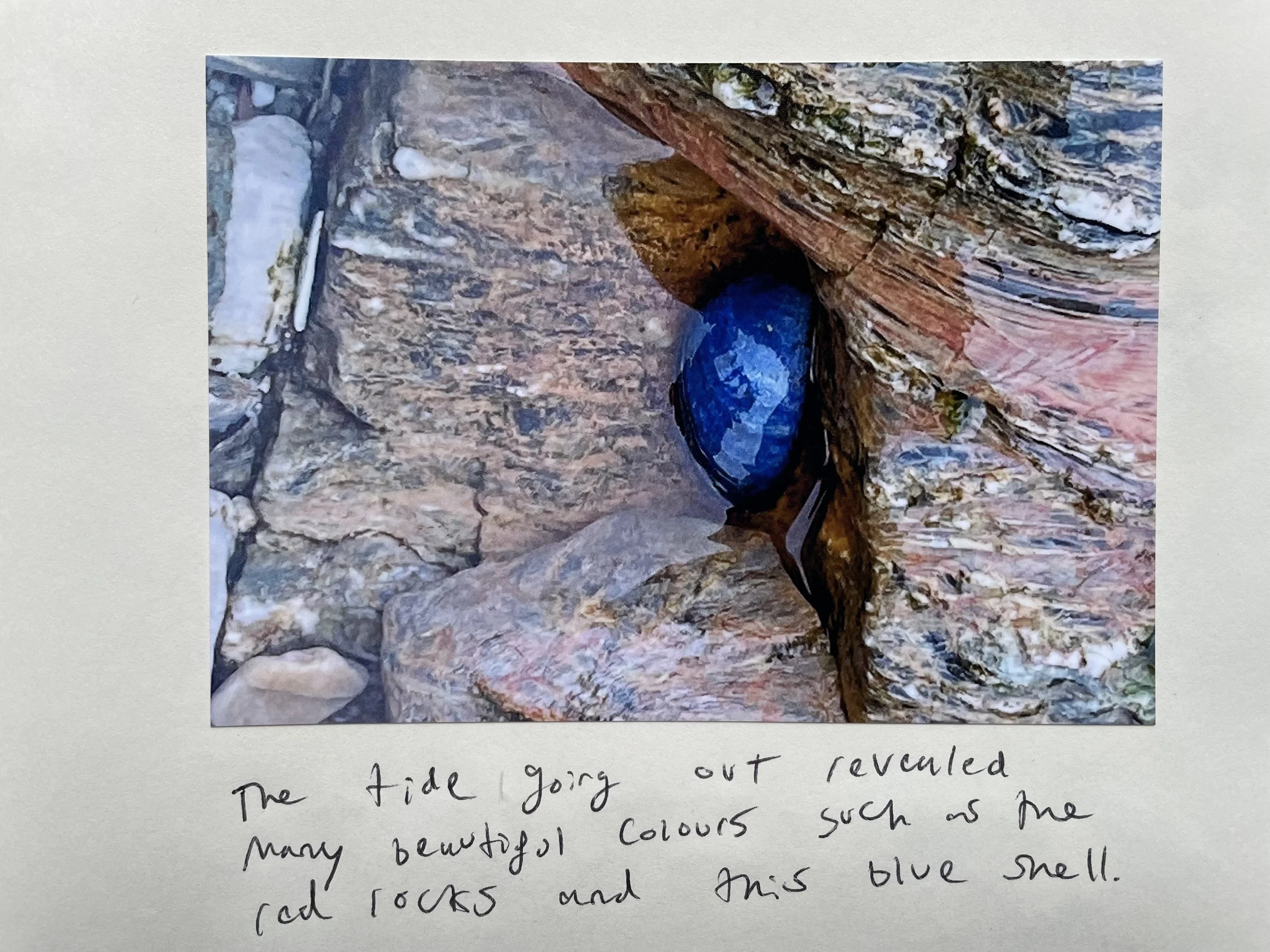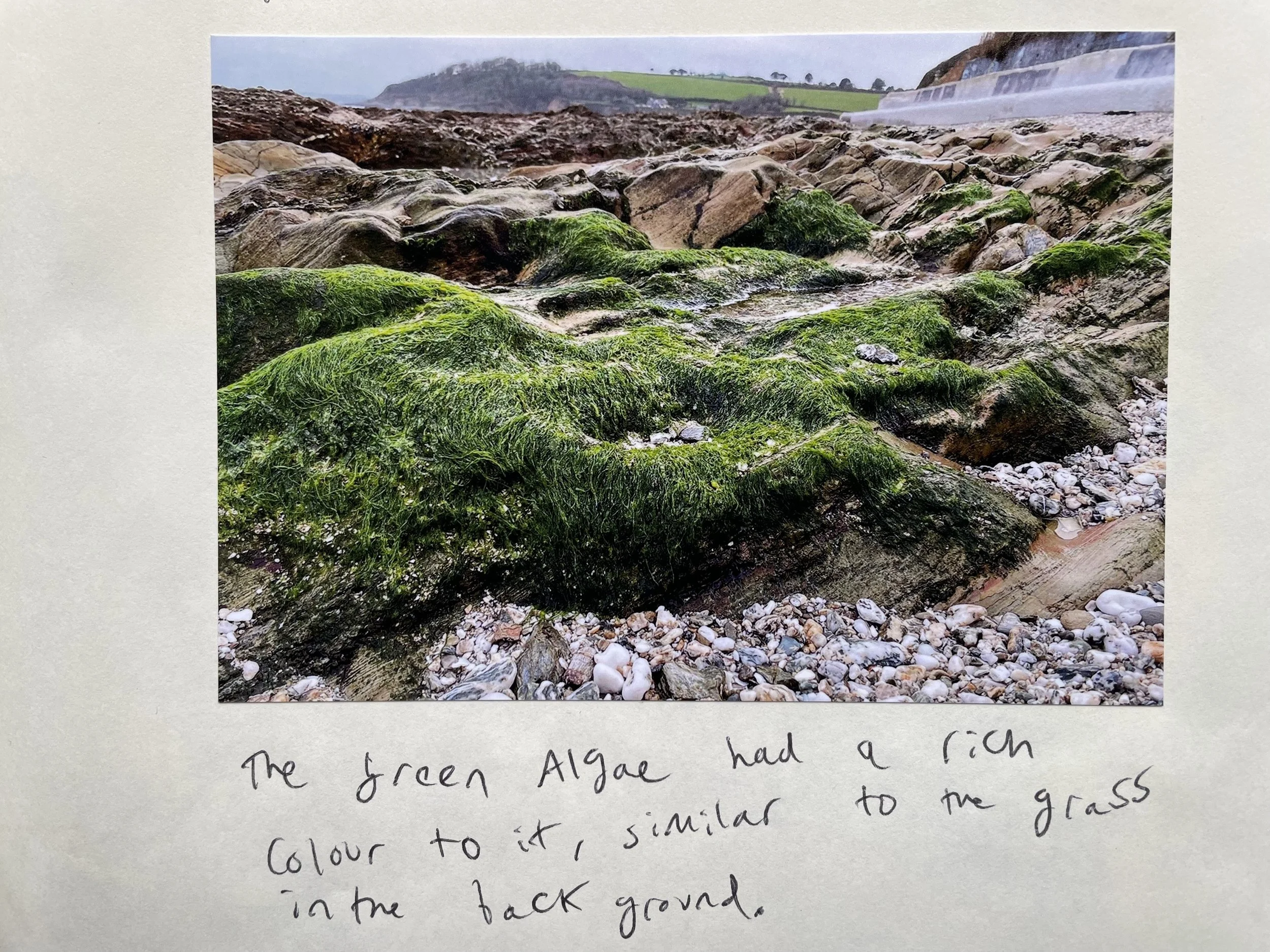We discuss archiving by exploring how traditional archives function; their origins and intended purpose; and the ‘types’ of collections we might typically find. We consider how they function as tools of power and control by promoting a view of human exceptionalism based on white, western, male centred ways of knowing. Turning to Donna Haraway’s discussion of ‘situated knowledges’ we find useful insights to understanding the ways knowledge is constructed and how contingent it is. We discuss the cultures and social groups that have been silenced and made invisible by institutional priorities that decide the rules of editing, preservation, and the knowledge handed on to the next generation.

